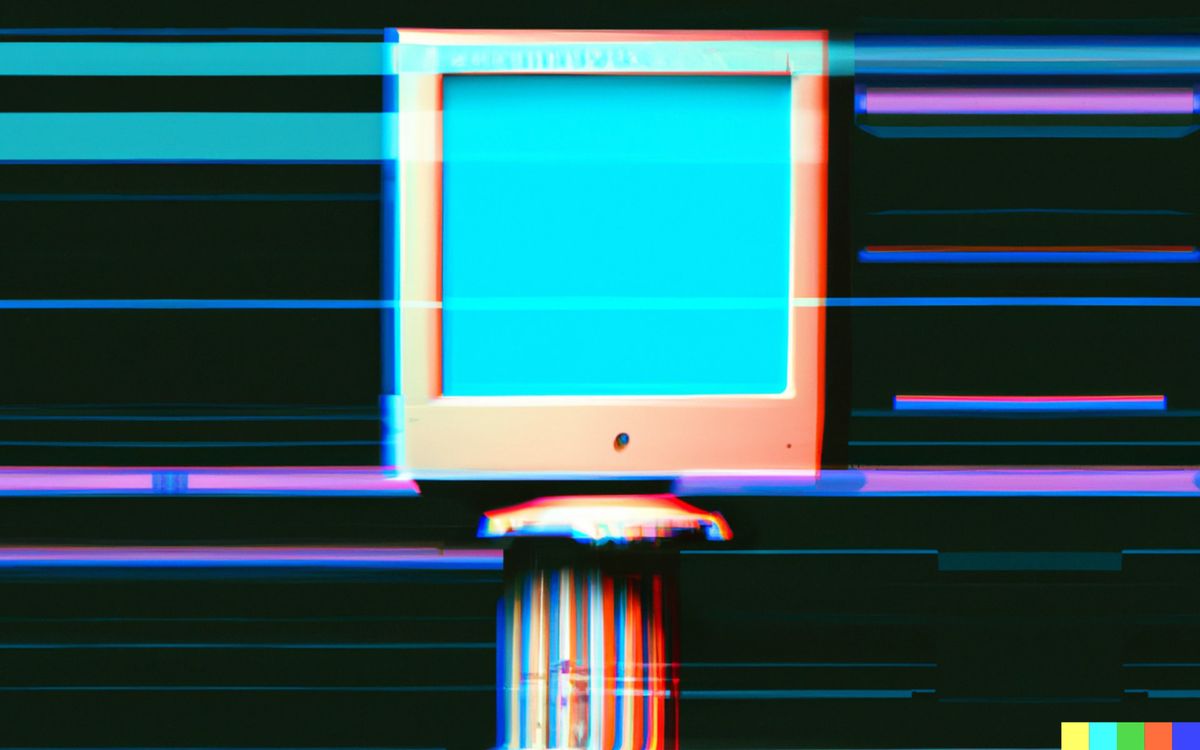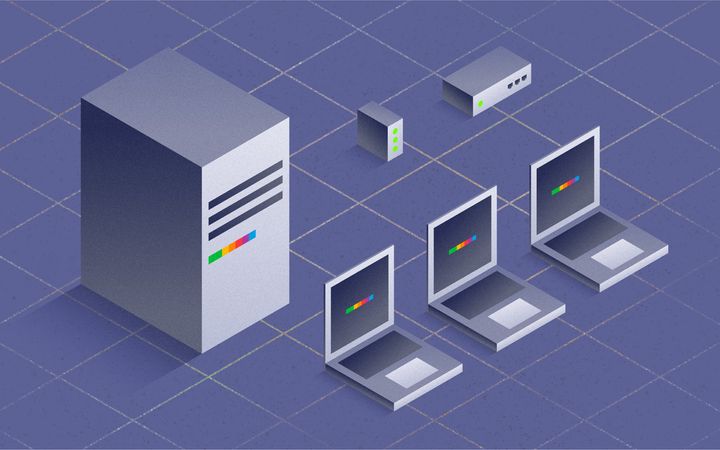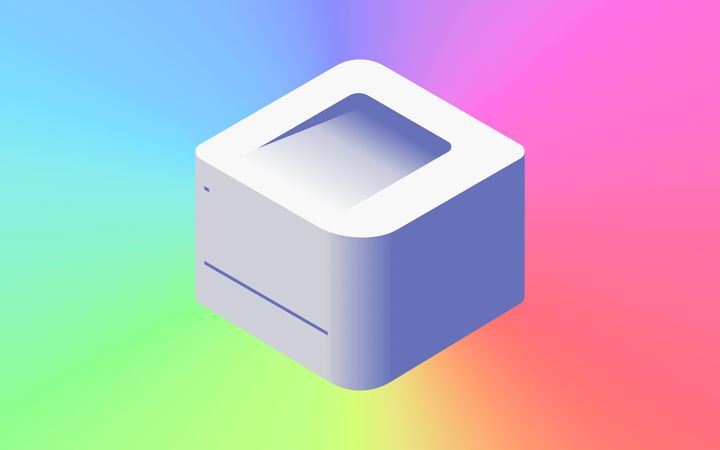Why I left Windows

I love the personal computer as an idea. It's open and accessible to everyone, endlessly configurable, ubiquitous and empowering. Be it a Mac, x86 clone or more niche machines like a Raspberry Pi, the personal computer has been a driver of innovation and creativity for the better part of 4 decades. Everything starts with the personal computer: cars are designed on PCs, movies are edited on PCs, businesses are managed by PCs, software is written on PCs. The PC is the foundation of the modern world and I've always marveled at how central these machines are to everything. Growing up in the 90s, the desktop computer represented the possibility of the future. The primacy of these boxes on our desks for connecting and creating the world just felt so vital and important and indeed, it still is to this day.
My computing life began with Windows 3.1 on our first family computer. From there I've owned dozens of Macs and PCs, updating each with versions of macOS and Windows contemporary for their day. But in the last year or so, I've made the decision to part ways with Windows. And not for any technical reasons. The software is very mature and solid. Shockingly everything just works with remarkable stability, a far cry from the woes of yesteryear's Windows. No, my decision is based on trust, or lack thereof. I no longer trust Microsoft to do what's right for their Windows customers, and perhaps I never should have.
You see, Windows has evolved remarkably over the last decade but in all the ways that give me pause. I should have seen it coming the first time I launched Windows 8 Professional and Candy Crush Saga came pre-installed from Microsoft. Or when the setup assistant made me allow/deny access to my typing history. Or when Windows 10 would update and change things I had set, or introduce new features and never ask if I wanted to turn them on in the first place. Or when Windows 11 insisted I wanted the search bar to reappear after I turned it off or forced me to click a long list of default app settings to change my browser. Windows no longer feels safe. It no longer is a place where I feel like I'm in control of my computer. In a lot of ways this speaks to the moment we are living in today: ubiquitous surveilence capitalism and we are the product. No longer are the computer's objectives aligned with my own, but instead align with the objectives of someone at a company far away dictating how I should be using their product. My agency has been stripped, and the joy of computing has turned into anxiety and suspicion.
Trust is a hard thing to gain back. In the late 90s, Microsoft faced anti-trust litigation for similar heavy-handed practices and yet, they haven't changed. Perhaps it was folly to think they would but I had hope. Windows is an objectively better experience than it was 20 years ago. Hands-down, it is stable and reliable. But is it trust worthy? I no longer think so. For reference, checkout these two videos examining Windows 11's practice of spying on you and sharing that data not only with Microsoft, but third-parties even after you tell it not to:
https://www.youtube.com/watch?v=VU9L0udNV9M
https://www.youtube.com/watch?v=IT4vDfA_4NI
I want my computer back. I want to have complete control over my system to make the personal computer "personal" again. I can't trust Microsoft to do the right thing so I am jumping ship. Last month, I installed Fedora Linux Workstation 38 as my primary OS on my desktop PC and Lenovo ThinkPad. Fedora and I go way back. It was largely the first Linux I experimented with in the mid-2000s and the project has grown considerably since then. And in true Linux form, it gives me total control over what is running on my computer and what isn't. No spyware. No conflicting interests. It really feels like I'm home, back to a time where computing was new and exciting and the possibilities were without limit. I can trust my PC again and I'm more at peace.
Do I still have Windows 11 installed? Yes. There are certain things that I need it for, namely Zoom and Affinity Designer. The Zoom client for Linux is not nearly as robust or stable as the Windows variant however, using a Windows 10 VM exclusively for Zoom has really solved this problem without the need to reboot. Affinity on the other hand does not play nice with VMs so if I need to work on designs, rebooting is necessary. Even so, I can simply use Affinity on my MacBook should I choose.
Do I miss Windows? Sure. There are things Windows does really well, but the sum total of those things does not change the fact that my trust in the platform is gone. So for today, Fedora and macOS meet my needs and I couldn't be happier.


